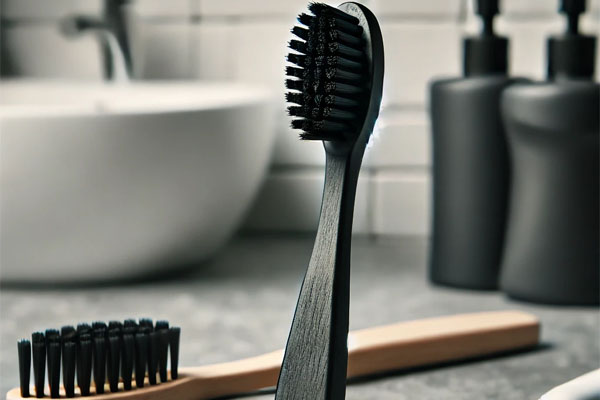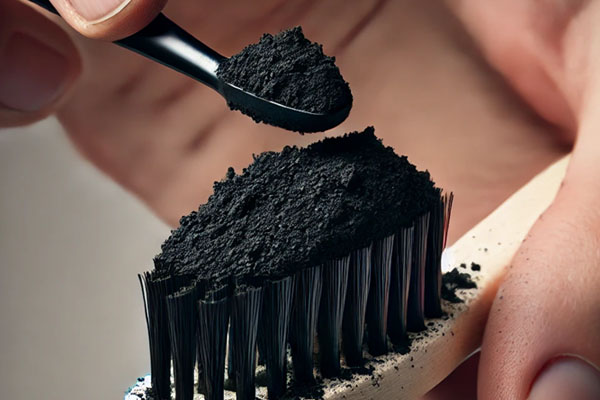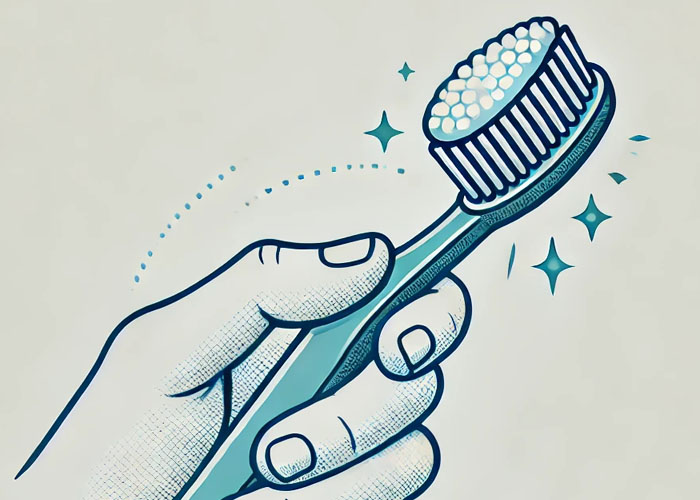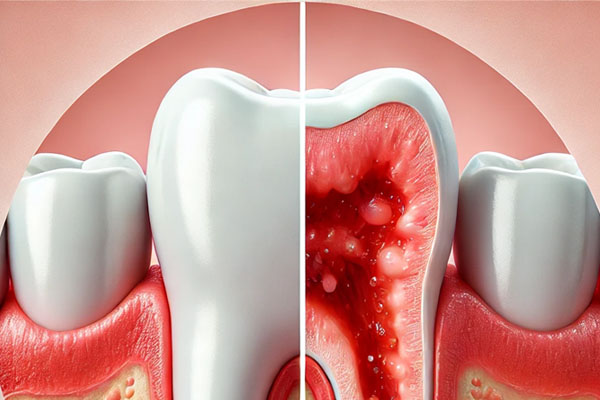When it comes to oral hygiene, toothbrushes play a pivotal role in keeping your teeth and gums healthy. In recent years, the charcoal toothbrush has emerged as a popular choice for those looking to boost their oral care routine. With claims ranging from better whitening effects to superior antibacterial properties, the charcoal toothbrush has generated a lot of buzz. But does it really live up to the hype?
In this article, we’ll explore everything you need to know about charcoal toothbrushes, their benefits, how to use them effectively, and why you might want to consider switching to one.
What is a Charcoal Toothbrush?
A charcoal toothbrush is essentially a regular toothbrush, but the bristles are infused with activated charcoal. Activated charcoal is a form of carbon that has been treated to make its surface porous and capable of binding with certain compounds, such as plaque, bacteria, and toxins.
Activated charcoal is known for its detoxifying properties and has been used in various health and beauty products, including face masks, toothpaste, and even food supplements. In toothbrushes, it’s designed to help absorb impurities from the teeth and gums during brushing.
The Benefits of Using a Charcoal Toothbrush
1. Teeth Whitening
One of the biggest selling points of charcoal toothbrushes is their whitening effect. The activated charcoal binds to surface stains on your teeth, helping to lift and remove them. While the results may not be as dramatic as professional whitening treatments, many users report that regular use of a charcoal toothbrush helps to brighten their smile over time.
2. Antibacterial and Antifungal Properties
Activated charcoal has natural antibacterial and antifungal properties, making it ideal for maintaining a cleaner mouth. It helps reduce the presence of harmful bacteria in your mouth, which can contribute to plaque buildup, bad breath, and even gum disease.
3. Odor Reduction
If you struggle with bad breath (halitosis), using a charcoal toothbrush could help. The activated charcoal’s ability to absorb impurities and toxins also extends to odor-causing bacteria, making your breath fresher after brushing.
4. Gentle on Gums
Despite its deep cleaning capabilities, charcoal toothbrushes tend to have softer bristles, which makes them gentle on your gums. This is especially important if you have sensitive gums or are prone to gum bleeding during brushing.
5. Reduced Plaque and Tartar
Charcoal toothbrushes can help with the removal of plaque and tartar, which, if left unchecked, can lead to cavities and gum disease. The fine bristles combined with the absorbent properties of activated charcoal work together to keep your teeth cleaner for longer.

How to Use a Charcoal Toothbrush
Using a charcoal toothbrush is very similar to using a regular toothbrush, but there are a few tips to ensure you get the most out of it:
- Brush Gently: Although the bristles are infused with activated charcoal, aggressive brushing can still damage your enamel. Use light, circular motions when brushing.
- Replace Regularly: Like any toothbrush, your charcoal toothbrush should be replaced every 2 to 3 months. The charcoal’s effectiveness will diminish over time as it wears down.
- Rinse Thoroughly: Make sure to thoroughly rinse your charcoal toothbrush after each use. Charcoal residue can sometimes build up in the bristles, so a good rinse will help keep your brush clean.
- Pair with Charcoal Toothpaste (Optional): For an added boost, some people choose to pair their charcoal toothbrush with charcoal toothpaste. However, be cautious, as charcoal toothpaste can be abrasive if used excessively.
Are There Any Downsides?
While charcoal toothbrushes offer several benefits, there are a few considerations to keep in mind:
- Abrasiveness: Although most charcoal toothbrushes are gentle on gums, some users have reported that over time, activated charcoal can be slightly abrasive on tooth enamel. To avoid this, opt for toothbrushes with ultra-soft bristles and avoid pressing too hard while brushing.
- Scientific Evidence: While many of the claims surrounding charcoal toothbrushes are promising, some scientific studies suggest that more research is needed to definitively prove their long-term benefits. As always, it’s important to use any dental product as part of a well-rounded oral hygiene routine, which includes regular visits to your dentist.
Should You Make the Switch to a Charcoal Toothbrush?

If you’re looking for a natural way to boost your oral hygiene routine, a charcoal toothbrush can be a great option. It’s especially beneficial if you’re looking for teeth whitening, odor control, and antibacterial protection. However, if you have sensitive teeth or are concerned about enamel wear, it’s worth consulting with your dentist before making the switch.
Ideal for:
- Individuals seeking a natural whitening method.
- Those who suffer from bad breath or frequent gum irritation.
- People who want to add an extra layer of protection against bacteria and plaque buildup.
Conclusion
The charcoal toothbrush is a simple, yet effective tool to enhance your daily oral care routine. With its natural whitening properties, ability to combat bacteria, and gentleness on gums, it’s no surprise that more and more people are making the switch.
While it may not replace regular dental checkups or professional treatments, a charcoal toothbrush can certainly be a valuable addition to your oral hygiene arsenal. For optimal results, pair it with regular brushing, flossing, and dental visits to maintain a healthy, bright smile!

